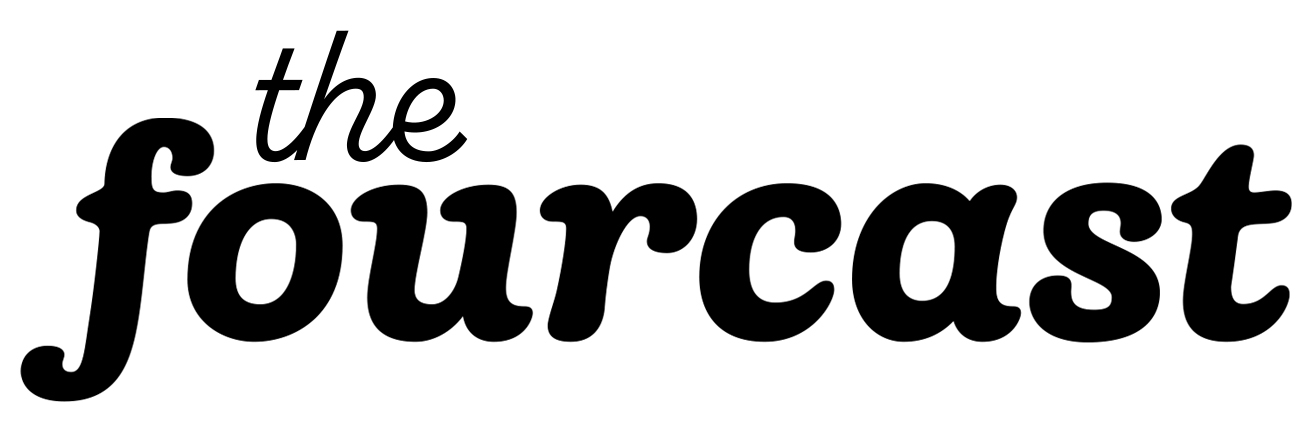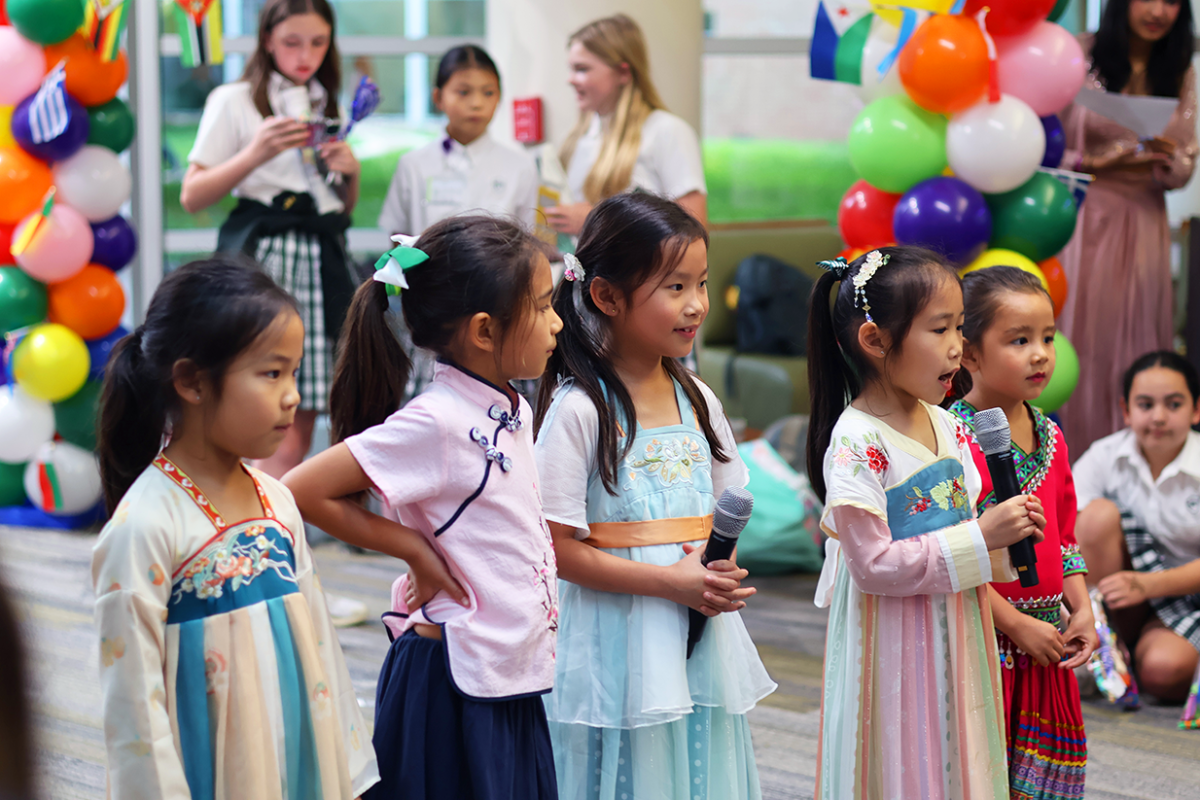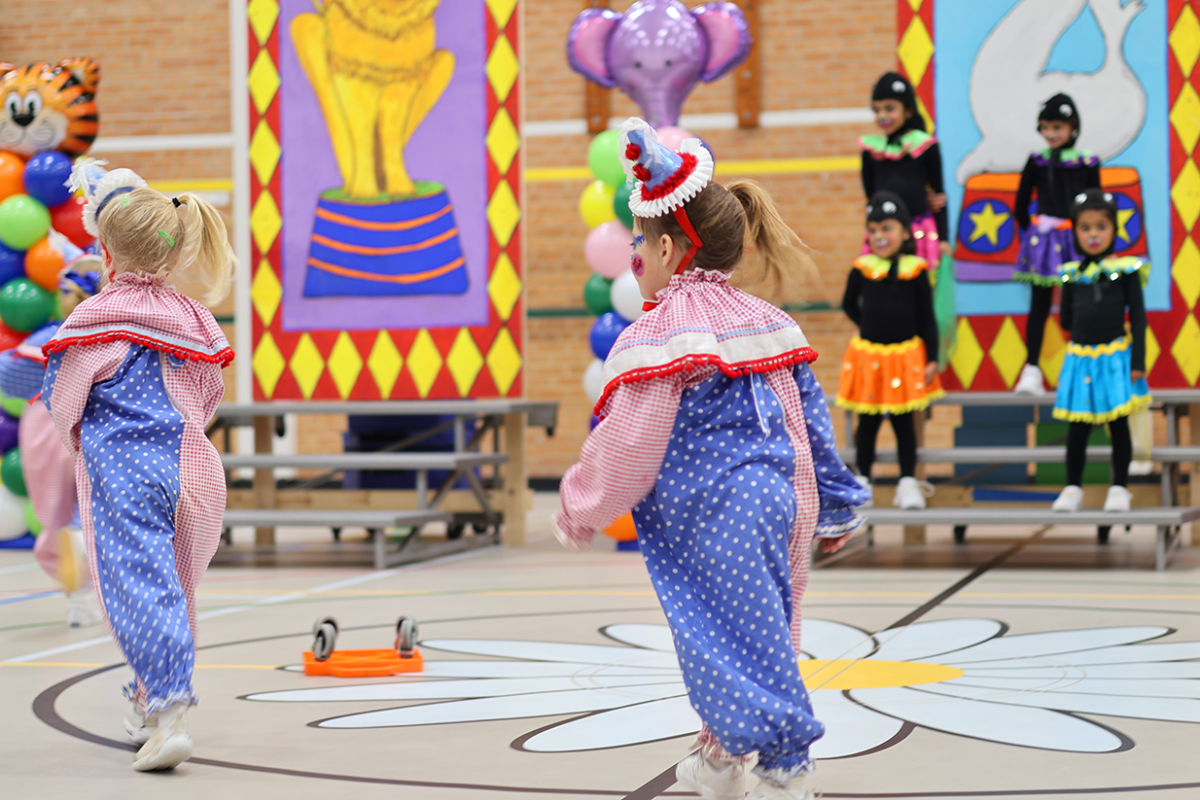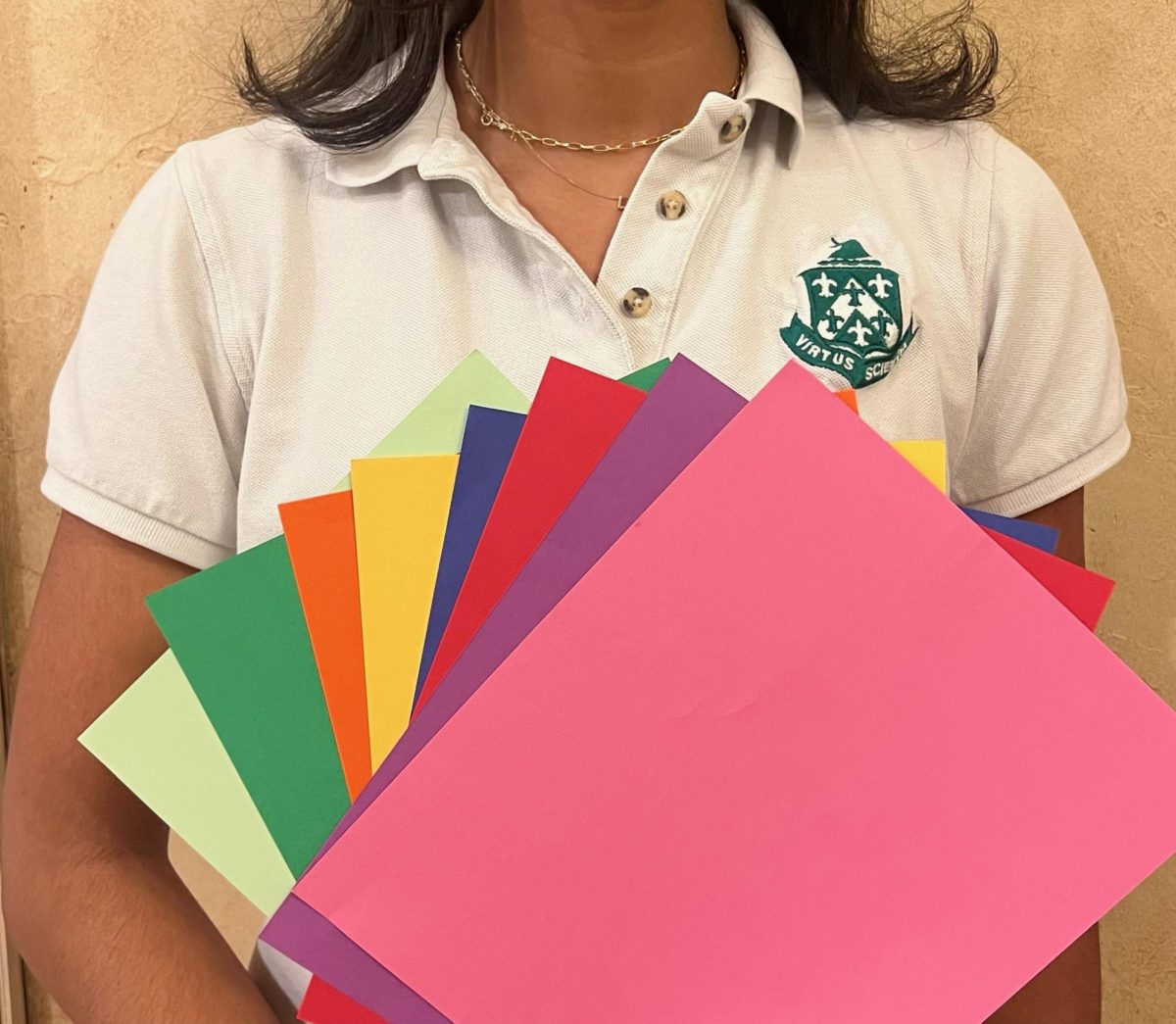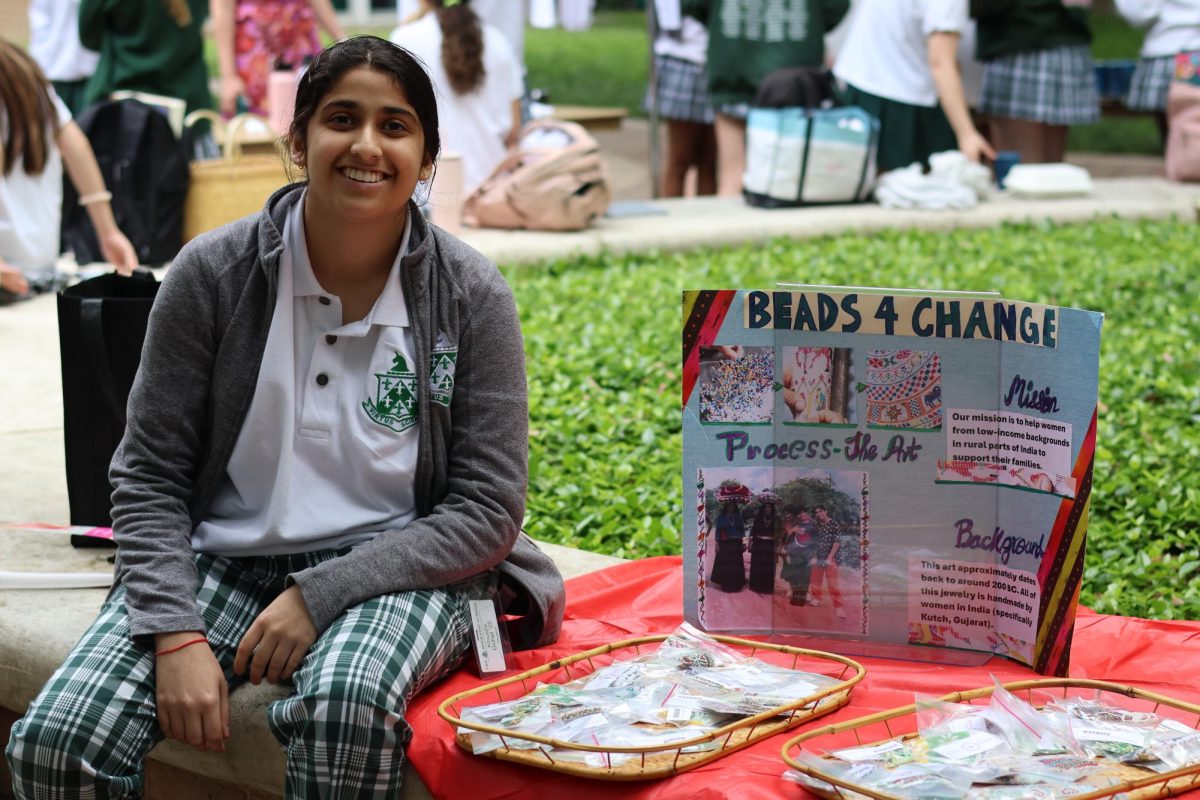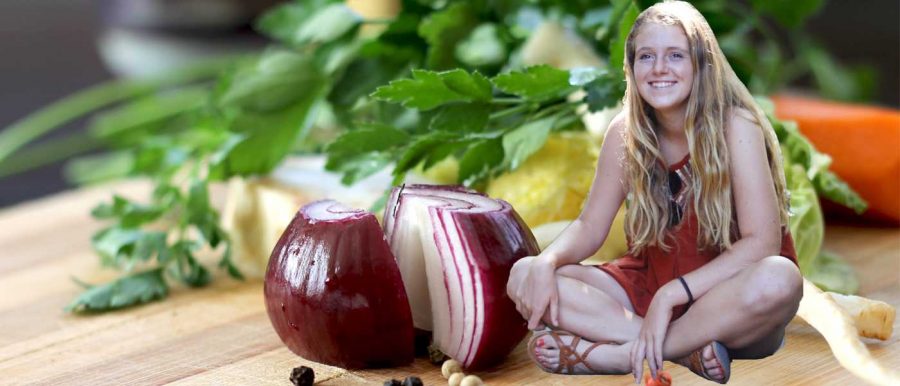BEE-yond just meat and cheese, many vegans choose not to eat honey as well.
I have talked about the atrocities of factory farms, the consequences of milk consumption, the ethical reasons behind not wearing fur and many more, but one thing that rarely makes the list of “things vegans hate” is honey.
I am here today to tell you why this is ethically, nutritionally and environmentally wrong.
Without the humble bee we would have no vegetables on our table, flowers in our gardens or clothes on our back. We owe everything to the bees.
Because they pollinate 80 percent of the crops grown in the United States, it’s imperative that we protect them. SOS-Bees.org reports that in the last five years the bee population of the U.S. has decreased by 70 percent.
However, because they are do not have the capability to fight back from the “honey poachers” of America, industrial-sized honey bee farms take the honeycomb from their hives and replace their nutrients with corn sugar. This decreases their life spans and leaves the bee population in a worldwide crisis.
Although we can replace the honeycomb for their hives, there is no chemical replacement for bees. Though it has not yet been proven, common sense suggests bees do not survive for the sole purpose of creating honey for our granola and cereal.
Our culture makes it seem like honey is just a byproduct of bees that would go to waste if we did not eat it, but this is not the case. To make one tablespoon of honey, a colony must pollinate 2 million flowers and travel 55,000 miles. In one bee’s lifetime they will only produce one tablespoon of honey.
Why do they do this? For their own nourishment! Not for ours.
However, with compassion for the bees aside, it is just smarter in the long run to save this species that is so vital to ours. Albert Einstein once said, “Mankind will not survive the honeybee’s disappearance for more than five years.”
But for those of you that will continue to partake in the consumption of honey, spending the extra few dollars to buy one locally produced in a small-scale hive will insure that mass numbers of bees are not dying. Raising a beehive in your backyard is actually one of the best ways to save the bees, vegan or not.
And although it appears to be in every health food, this sweet treat contains 82 percent sugar. Think about this next time you order your smoothie bowl.
